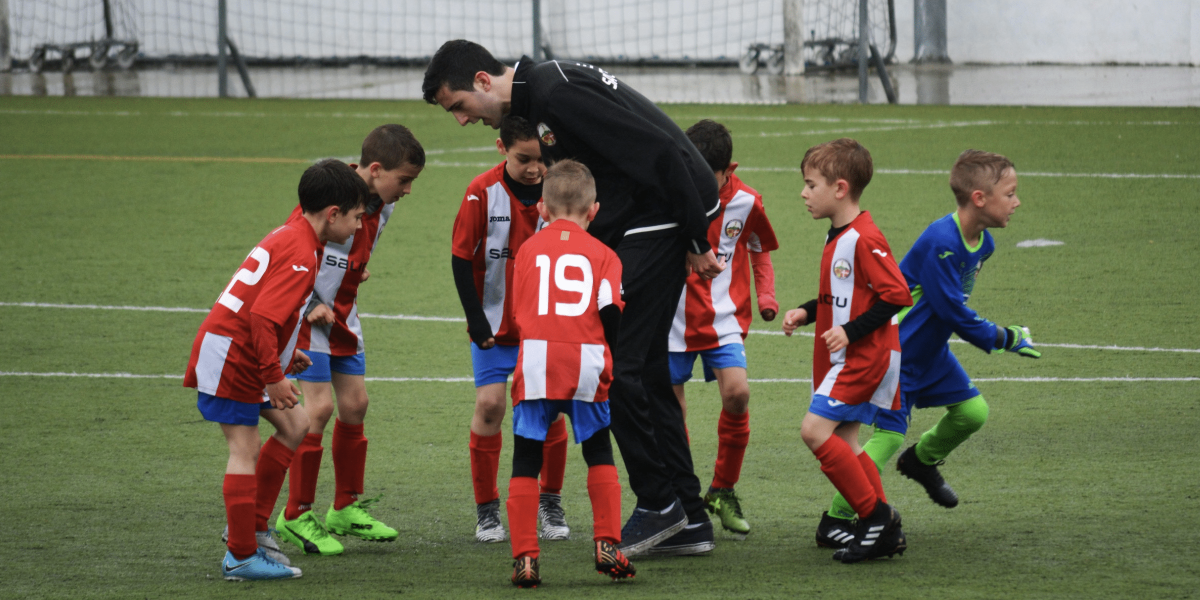In the world of sports, athletes often receive recognition for their impressive achievements, but behind every success is a coach whose leadership is instrumental in guiding those athletes toward victory. Coaches are not only skilled instructors but also influential leaders who motivate, encourage, and strategize for the benefit of their athletes. So, how exactly do coaches play such a vital role in athletic success?
What Defines Effective Leadership in Coaching?
At the heart of successful coaching lies effective leadership. While athletes are often the ones in the spotlight, a coach’s leadership ability is crucial to shaping their success. Good coaches don’t just direct athletes—they inspire them to reach their full potential. Strong leadership is built on trust, communication, and a clear understanding of team dynamics.
Effective coaches also know how to motivate individuals and inspire teams to work toward common goals. Coaches who understand their athletes’ motivations can help them push beyond their perceived limits. Leadership is not about control but about guiding athletes with respect and a shared sense of purpose.
How Do Coaches Build Trust with Athletes?
Trust is essential for any coach-athlete relationship. A coach’s credibility and integrity play a significant role in establishing trust. Successful coaches demonstrate consistent behavior, remain approachable, and show athletes that they have their best interests at heart. When athletes feel supported and valued by their coach, they are more likely to embrace the challenges presented to them.
Coaches build trust not just through their actions but by being transparent and clear in their communication. They listen to their athletes’ concerns, provide feedback, and create an open line of dialogue that makes athletes feel heard and respected. Coaches who foster trust create an environment where athletes can thrive, both individually and as part of a team.
What Role Does Motivation Play in Athletic Success?
Motivation is one of the most important tools a coach can use to drive success. Every athlete is unique, and a good coach must recognize and understand these differences in motivation. Some athletes may respond best to competitive environments, while others might require more personalized encouragement to bring out their best performance.
Effective coaches help athletes find their intrinsic motivation—the internal drive to push themselves toward excellence. By setting realistic goals, providing positive feedback, and encouraging athletes to stay focused, coaches help athletes stay motivated through challenges. In addition, coaches are skilled at turning setbacks into opportunities for growth. Instead of focusing on failures, coaches use them as teachable moments, helping athletes learn valuable lessons from adversity.
How Do Coaches Develop Team Cohesion?
In team sports, coaches have the responsibility of bringing together individuals with different strengths and personalities. Successful coaches create a team environment that emphasizes collaboration, mutual respect, and a shared sense of purpose. A cohesive team is often more successful than a group of highly talented individuals who fail to work together effectively.
A coach’s ability to develop team cohesion starts with defining each athlete’s role within the group. When athletes understand their contribution to the team, they feel more confident in their abilities and responsibilities. A coach who promotes clear communication and accountability within the team helps foster an atmosphere of trust and collaboration.
Managing team dynamics also involves handling conflicts. In any competitive environment, tensions can rise, but coaches who handle these moments with care and fairness can resolve issues and maintain a sense of unity within the team. By encouraging open conversations and mediating disputes with understanding, coaches can ensure that personal differences don’t interfere with team success.
What Makes a Coach’s Strategy Effective?
While leadership and motivation are critical, a coach’s strategy on the field or court is equally important. The ability to develop a game plan that takes into account the strengths and weaknesses of both individual athletes and the team as a whole is essential for success. Coaches invest considerable time in preparation, analyzing past performances, and identifying strategies that work best for their team’s specific needs.
A key aspect of strategic success is flexibility. Successful coaches can adapt their plans in real time, making adjustments based on how the game unfolds. Whether it’s making substitutions or changing the approach to a particular opponent, effective coaches know how to stay calm and confident, even in challenging situations.
In addition to adjusting tactics during a competition, coaches also focus on long-term development. They help athletes refine their skills over time and encourage them to build a strong foundation that will serve them well throughout their careers. With a focus on both short-term goals and long-term growth, coaches can help athletes reach their full potential.
What Impact Do Coaches Have on Athlete Development?
Coaches play a significant role in shaping not just the athletic abilities of their players but also their overall personal development. The lessons athletes learn from their coaches can have lasting effects on their character and mindset. Many of the qualities that make athletes successful on the field—such as resilience, discipline, and hard work—are qualities that coaches help instill.
An effective coach teaches more than just physical techniques; they help athletes develop mental toughness and emotional intelligence. They recognize the importance of mental health and support their athletes through the challenges that extend beyond physical performance. When athletes feel they are supported emotionally and mentally, they are more likely to thrive in all aspects of their lives.
Coaches who take a holistic approach to development, focusing on both physical and mental well-being, help athletes build confidence and resilience that extend far beyond the sporting world.
Can a Coach’s Influence Lead to Long-Term Success?
The impact of a coach can extend far beyond the current season or competition. A coach’s teachings often continue to influence athletes long after they leave their program. The habits, discipline, and strategies instilled by a coach stay with athletes, providing a foundation for continued success in sports and life.
A great coach encourages a growth mindset in athletes, teaching them that success is not just about winning but about continuous improvement. When athletes internalize this mindset, they are more likely to pursue excellence in every area of their lives.
Even after their athletic careers end, many athletes carry the lessons learned from their coaches into their personal and professional lives. The influence of a coach extends into various areas of an athlete’s future, helping them navigate challenges with confidence and perseverance.
In many cases, the influence of a coach can shape the future of the sport itself. Former athletes often return to coaching, passing along the knowledge and experiences they gained throughout their careers. In this way, the cycle of coaching continues, promoting growth and development within the sport and impacting future generations.
What Makes a Coach Truly Powerful?
The true power of a coach lies in their ability to inspire athletes to believe in their potential and push beyond their limits. A coach’s leadership, vision, and support can drive athletes to achieve things they may never have thought possible. Through their guidance, athletes not only improve their skills but also grow into resilient individuals who can face challenges with confidence.
The power of leadership in coaching is not just about strategy or motivation; it’s about the lasting impact a coach can have on their athletes’ lives. Coaches have the unique ability to guide individuals and teams toward success by fostering a sense of purpose, trust, and resilience. In this way, coaches are often the unsung heroes behind every athletic achievement.
In conclusion, the leadership of coaches plays a vital role in shaping both individual and team success in sports. Their influence extends far beyond training drills and game tactics, helping athletes develop crucial life skills that last a lifetime. Whether leading teams to victory or guiding athletes through personal challenges, the power of leadership in coaching is undeniable.








